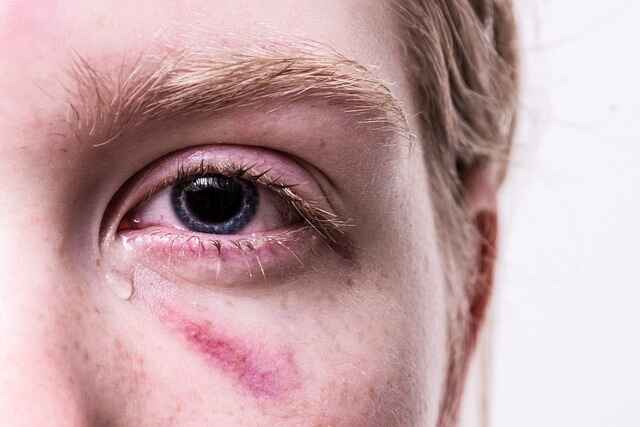What is Genital Herpes?
Genital herpes simplex virus (HSV) infections are one of the most commonly spread sexually transmitted infections (STIs) across the globe. The causative agent of Genital herpes is a microorganism called herpes simplex virus (HSV). This results in the formation of sores, known as Herpes sores, which normally appear as one or more than one blister on or across the genitals, rectum, or mouth. Herpes can sometimes be spread via skin-to-skin touch during sexual intercourse (of any type).
Also Read: What are the 10 Major Sexually Transmitted Diseases – STDs
What Causes it?
Two types of viruses are acknowledged as the causative agents of Genital herpes.
- 1. HSV-1. This kind normally causes cold (bloodless) sores, however, it could also result in genital herpes.
- 2. HSV-2. This kind commonly causes genital herpes, however, it could also result in cold sores.
Both these viruses can be observed in bodily fluids, which include:
saliva, semen, vaginal secretions, etc.
Skin abrasions or mucous membranes act as the doorways for viruses to enter the body. Mucous membranes are the thin layers of tissue that line the openings of your body, located on your nose, mouth, and genitals. As soon as the viruses are within the body, they incorporate themselves into the cells. Viruses have a tendency to multiply or adapt to their environments effortlessly, which makes treating them tough.
What are its Risk Factors?
The following are the risk factors of Genital herpes:
- -no. of sexual companions in an individual’s lifetime.
- -intercourse with an already infected person
- -HIV contamination or other health issues that lower the body’s immune system
- -previous sexually transmitted infections (STIs)
- -intercourse at an early age
- -incorrect/no use of condoms
- -Unprotected intercourse
- -Kissing or any other kind of mouth contact
- -Sharing private items or equipment with others
- -extended skin-to-skin contact.
Symptoms:
The majority of the people inflamed with HSV don’t acknowledge its existence in their bodies– either due to no symptoms at all, or very slight ones.
symptoms usually take two to twelve days to appear, after being exposed to the virus.
They could consist of:
- -Ache or irritation across the genitals
- -Small bumps or blisters across the genitals or mouth
- -Painful ulcers that are formed due to rupture or bleeding of blisters
- -Scabs that develop with the healing of ulcers
- -Pain and discomfort while urinating
- -Discharge from the urethra or vagina
- -flu-like signs including fever, headache & body aches
- -Swollen lymph nodes inside the groin.
Also Read: Chlamydia, its Causes, Symptoms, and Treatment
Diagnosis & Treatment:
- Diagnosis of genital herpes is generally primarily based on physical checkups and analyzing one’s sexual records. If there are any lively sores present, samples may also be taken from there to perceive the type of herpes.
- Currently, there’s no known cure for genital herpes. However, the symptoms could be treated with antiviral medications, so that they won’t develop any further.
- Some of the prescription drugs are:
- Valacyclovir, Acyclovir & Famciclovir.
- These help in:
- -Healing of sores when the primary outbreak occurs
- -Lessens the symptom severity, duration, and occurrence rate of recurrent outbreaks
- -Reduction of the threat of transferring the herpes virus to one’s sexual partner.
Facts:
- -Herpes impacts approximately one-fifth of adults.
- -It spreads via close pores and skin contact, commonly in the course of sexual activity.
- -You can’t get herpes from toilet seats, hot tubs, or some other items.
- -As soon as exposed to the virus, herpes by no means leaves your body; but, not everybody who’s exposed will develop symptoms.
- -The first herpes outbreak is generally the most painful and usually lasts longer than recurrent outbreaks.
- -There is no cure for herpes, but we could treat the signs and symptoms with antiviral medicine.
- -The usage of a condom can lessen the hazard of transmission, however, does not shield against all cases.
Prevention:
- -Use condoms. Condoms are the most efficient way to save one from STIs while having intercourse.
- -Restrict your number of intercourse partners.
- -Get tested. Be sure you and your companion are examined for STIs.
- -Be monogamous. Having intercourse with simply one companion can decrease your threat of STIs.
- -Do not abuse alcohol or addictive drugs. Consuming an excessive amount of alcohol or the usage of drugs will increase volatile conduct and might put you at risk of sexual attack and feasible exposure to STIs.





